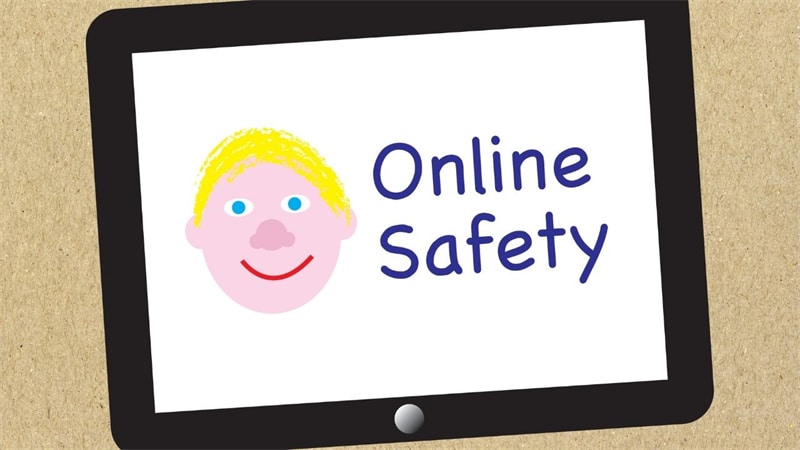
Online safety is a topic that has been discussed extensively online. There are many online scams, malware online, and malicious software designed to steal your information or money. There are also many ways for hackers to get into your system if you are not careful.
It's important to protect yourself when surfing online so you can avoid these serious problems. Here are tips to help protect you when online.
1. Install Virus Protection Software On Your Computer
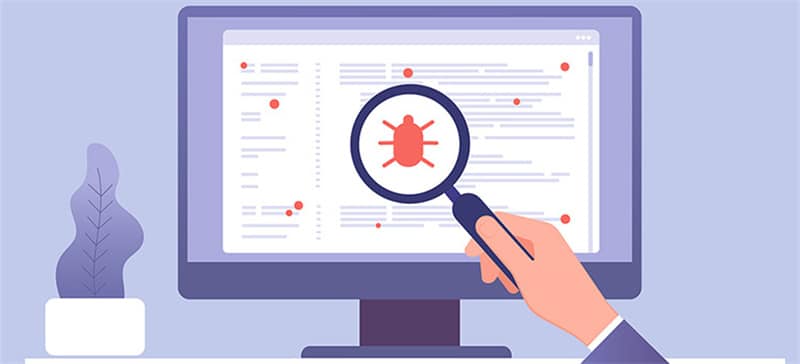
If you are online, there is always a risk of catching or downloading something that will harm your computer. You can reduce this risk by installing a good software anti-piracy system and help to keep your system up to date.
Keep in mind that most free antivirus programs aren't as reliable as paid ones so if possible stick with the latter! If you don’t have the money to buy an antivirus program, make sure you update your virus database regularly.
This can happen when you use a public computer or if your own machine is not protected with strong passwords and firewalls against spyware. In the same way, that opening an email attachment could give someone access to your home network, using apps like Flashlight Free (which has been shown to be insecure) could allow hackers to take over your online life.
Some apps ask for more permissions than they need, such as when a flashlight app asks permission to access your contacts list and location data. If you see an app that asks for a lot of sensitive information from the get-go, it might be best not to download it at all or better yet, to look for a similar alternative.
2. Use Different Passwords For Every Account Online
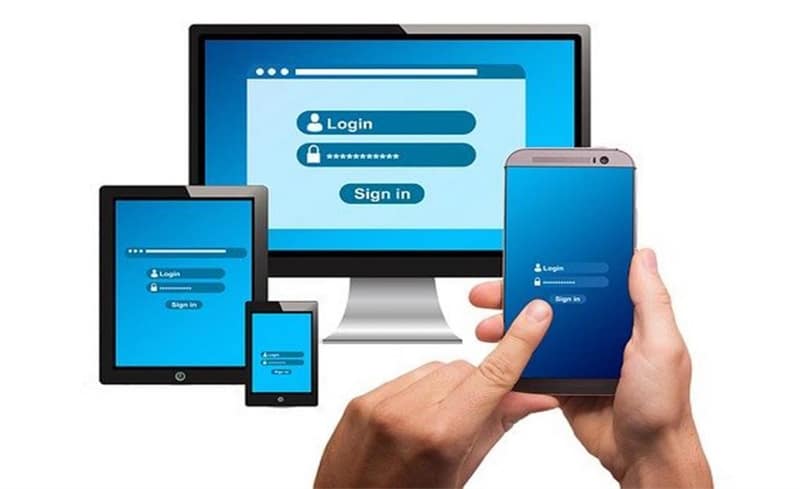
Computer internet safety facts and statistics online show that more and more people are suffering from online scams, phishing, and hacking to mention but a few. Use different passwords for every account online.
Online safety is essential to protecting yourself online, whether you are working online or just surfing the web. Your passwords need to be personal in such a way that no one can hack them.
3. Change Your Password Periodically
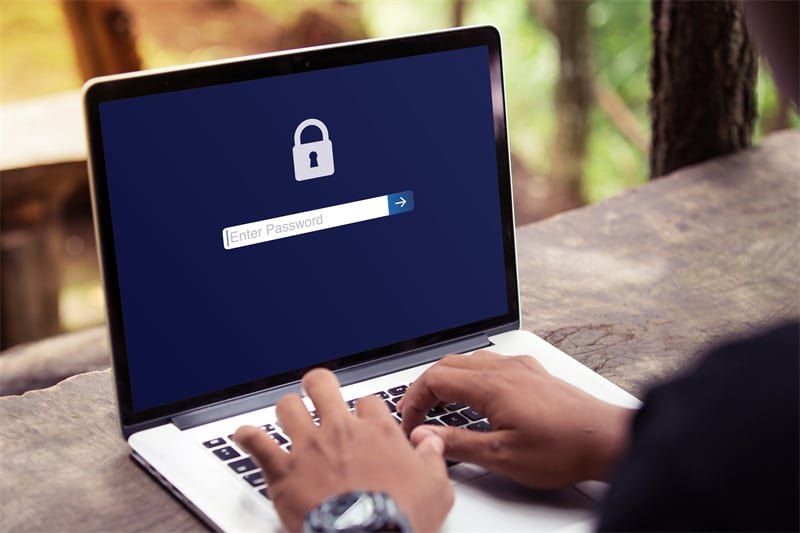
There are many other steps you can take, but these two will definitely help. If your password is compromised it could lead to credit card fraud or identity theft so keep this in mind. If you want to make online payments and keep your credit card information secure online, you can use a paid VPN service. you can remain anonymous online by using a VPN service.
A Virtual Private Network (VPN) can encrypt your data while you’re online and prevent anyone from tracking what websites you visit or who you communicate with online. You should also make sure you’re using a VPN service when you connect to public Wi-Fi.
Public Wi-Fi networks are notorious for their lack of online security and can leave your personal data open to hackers or online criminals who want to steal it from the network itself.
4. Be Careful What You Post Online
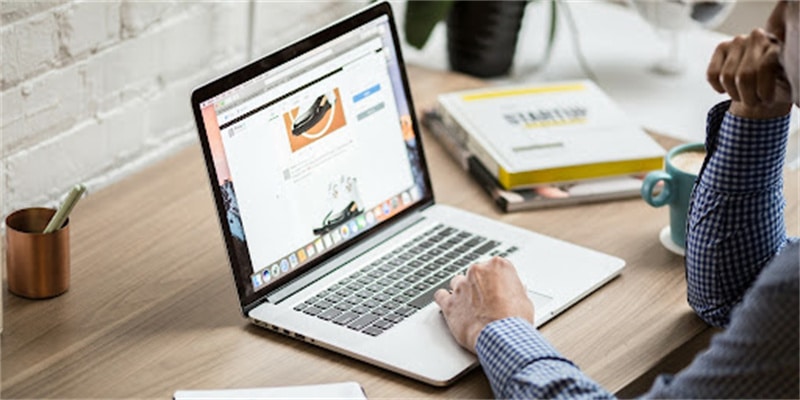
Be careful what you post online – don't give out personal information like your home address or phone number, and be aware of who can see what you post online. Don't forget to use keywords in the content that are relevant to the blog's topic!
Be sure not to include any numbers or bullet points in the blog post. Needless to mention are the social sites used when posting things online. Be careful as not all are safe as you might think.
5. Don't Open Attachments From People You Don't Know
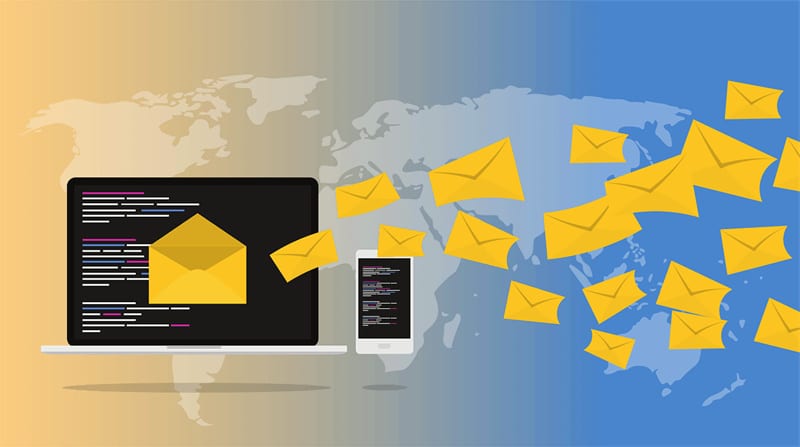
You should be very careful with opening attachments from strangers online, don't do it. Especially weird emails you’re not sure about. This is a good way to protect yourself online and stay safe online, however, you should also be careful with online attachments from friends too. Your safety when surfing online can be of great help to prevent you from uncertain eventualities.
6. Watch Where You Go Online
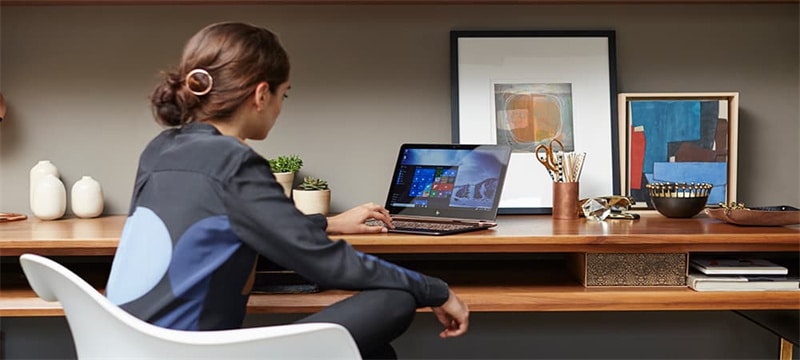
Avoid websites that are known to contain malware or viruses, including torrent sites or porn sites with free content. There are other websites that could greatly compromise your online security.
Be careful not to get online before confirming your security status. You have every reason to consider software that helps protect you when surfing online. Nevertheless, do not be alarmed as there are ways that can help with your safety concerns.
You need to watch where you go online and what you post there because your private information is easily accessible by anyone who wants it.
Installing virus protection software on all of your devices will help protect against malware that could steal or damage important files on your computer. It couldn't hurt to install an adblocker too! Here are some helpful tips for staying safe when browsing online – do any of these apply to you?










